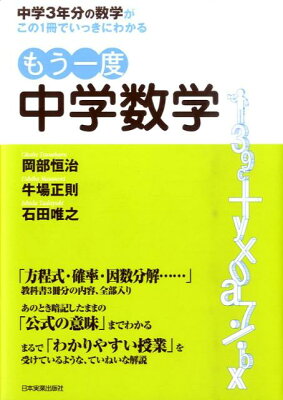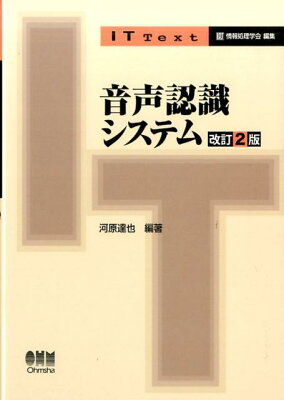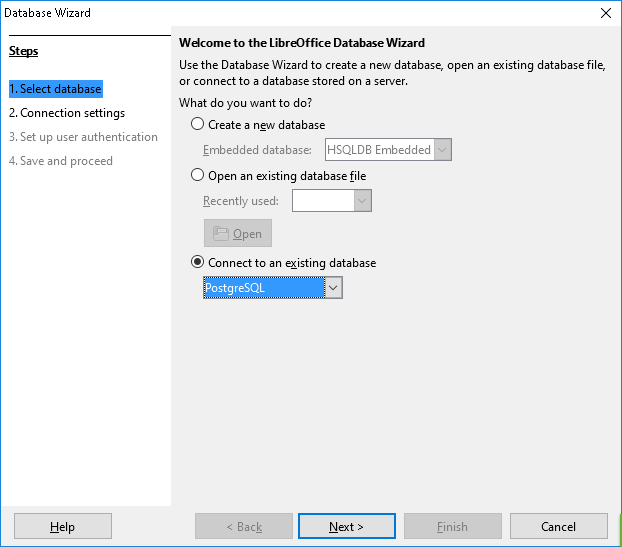Kotlin String has methods, isBlank() and isEmpty(). I wrote about their difference.
Tag Archives: string
Rails: Different Code according to the Environment
The code executes different method according to the environment, in Rails. In this way, you can show message only in development environment.
Continue reading Rails: Different Code according to the EnvironmentKotlin: String Conversion – First Letter to Lower/Upper, Camel Case and Snake Case
I wrote the code to convert string in Kotlin. This time I tried the following 4 patterns.
- Make first letter lower
- Make first letter upper
- Convert snake case string to camel case
- Convert camel case string to snake case
How to Handle Cells with LibreOffice Calc Basic
This article explains how to handle cells with Basic in LibreOffice Calc, a free spreadsheet software. In Excel VBA, you can work with cells like Cell(1, 2).
haskell split string by comma, into list
I’ll introduce to you, how to split string into list by comma, make "a,b,c" to ["a", "b", "c"].
Background
You know that there are some function like splitOn in Data.List.Split module, but import Data.List.Split didn’t work on Ideone. So, I, a haskell beginner, thought how to do it without other modules.
Split by comma
The following code do it. It split string, [Char] only by comma.
|
1 2 3 4 5 6 7 8 9 10 |
split = _split [] _split ts "" = ts _split ts s = _split (ts ++ [(token s)]) (drop (length(token s) + 1) s) token = _token "" _token ys "" = ys _token ys (x:xs) = do if x == ',' then ys else _token (ys ++ [x]) xs |
split "a,b,c" outputs ["a", "b", "c"].
Split by any delimiter
You can specify any delimiter with the following. The delimiter should be a Char.
|
1 2 3 4 5 6 7 |
split d = _split d [] _split d cs "" = cs _split d cs s = _split d (cs ++ [token d s]) (drop (length(token d s) + 1) s) token d = _token d "" _token d t "" = t _token d t (x:xs) = if (x == d) then t else _token d (t ++ [x]) xs |
split ' ' "a b c" outputs ["a", "b", "c"].














